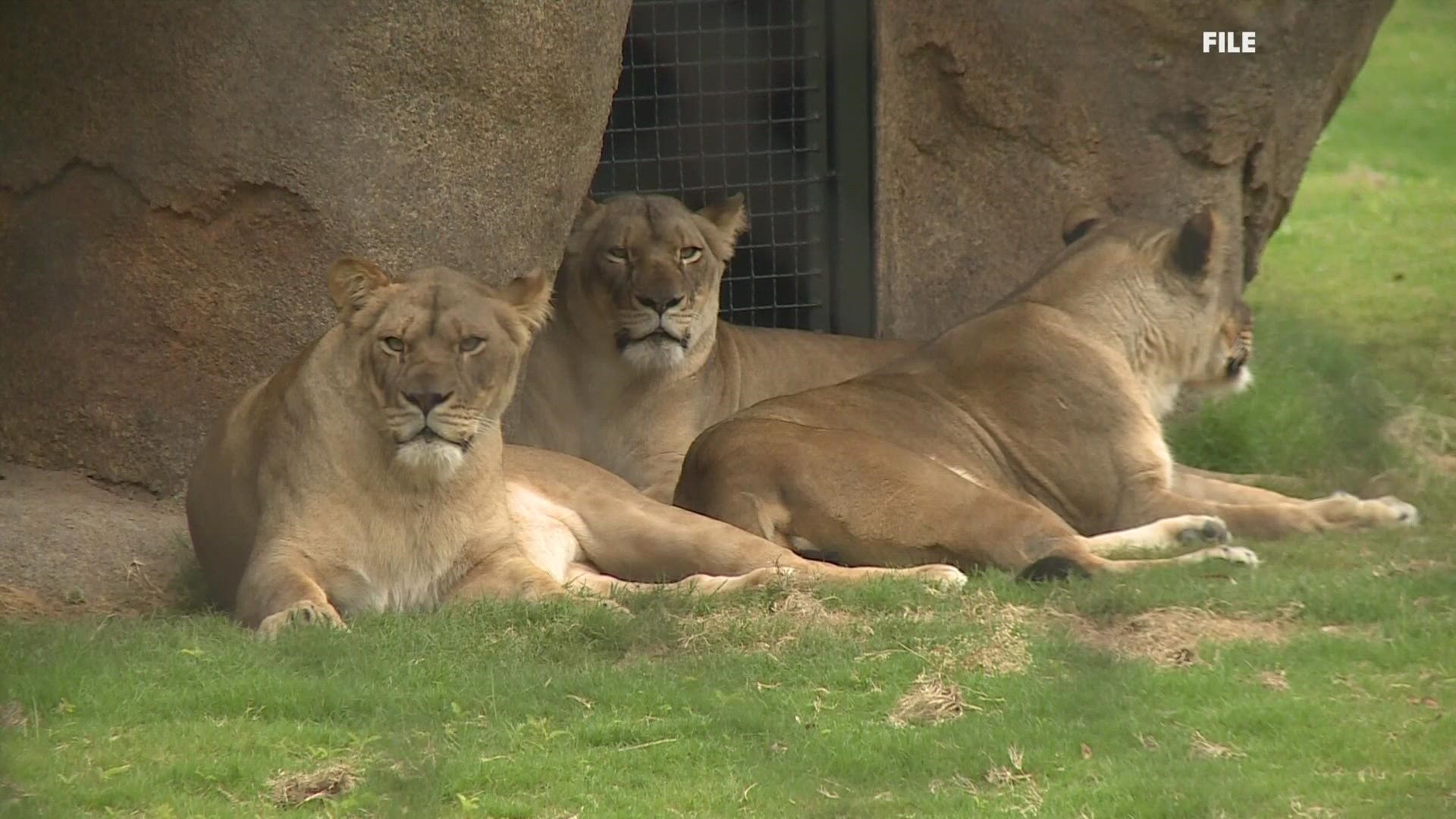NEW ORLEANS — At the Audubon Zoo, the COVID-19 case count among animals is zero.
Veterinarians would like to keep it that way. That's why some animals will soon get vaccinated.
"It's actually not that common,” Dr. Nancy Welborn, a professor with the LSU School of Veterinary Medicine, said of animals becoming infected with the virus. “We're all learning about COVID just like everybody else.”
While cases in animals are rare, they're not unheard of.
A tiger and several lions caught COVID-19 last year at the Bronx Zoo.
Last month, two rare snow leopards at the San Diego Zoo contracted the disease. Gorillas there also became sick with the virus in January.
That's when the company Zoeitis donated more than 11,000 doses of its vaccine -- designed specifically for animals -- to about 70 zoos, Audubon among them.
None of the doses are designed for humans and will not affect the supply for people.
When the doses make it here to Audubon, they'll go to the animals most at risk for contracting COVID-19.
Among those animals: Apes, big cats, and mustelids -- critters such as ferrets.
Barricades have been up around Mike the Tiger's habitat to help keep people -- and the disease -- away from him.
Access among caretakers has also been limited since the rare cases of animals getting sick have likely happened after coming in contact with a sick person.
"We wanted at all costs to make sure we protected Mike,” said Mike Strain, commissioner of the Louisiana Department of Agriculture and Forestry. “It can come in either directly with the caretakers or what we call fomites, which means clothing, shoes, many different things.”
While some animals can get the virus, experts say there is no evidence they can spread it.
The ultimate goal of vaccinating animals is the same as with people.
“The end game is to actually do the same thing: Try to build up that immunity to help prevent the virus from actually causing infection,” Welborn said.

